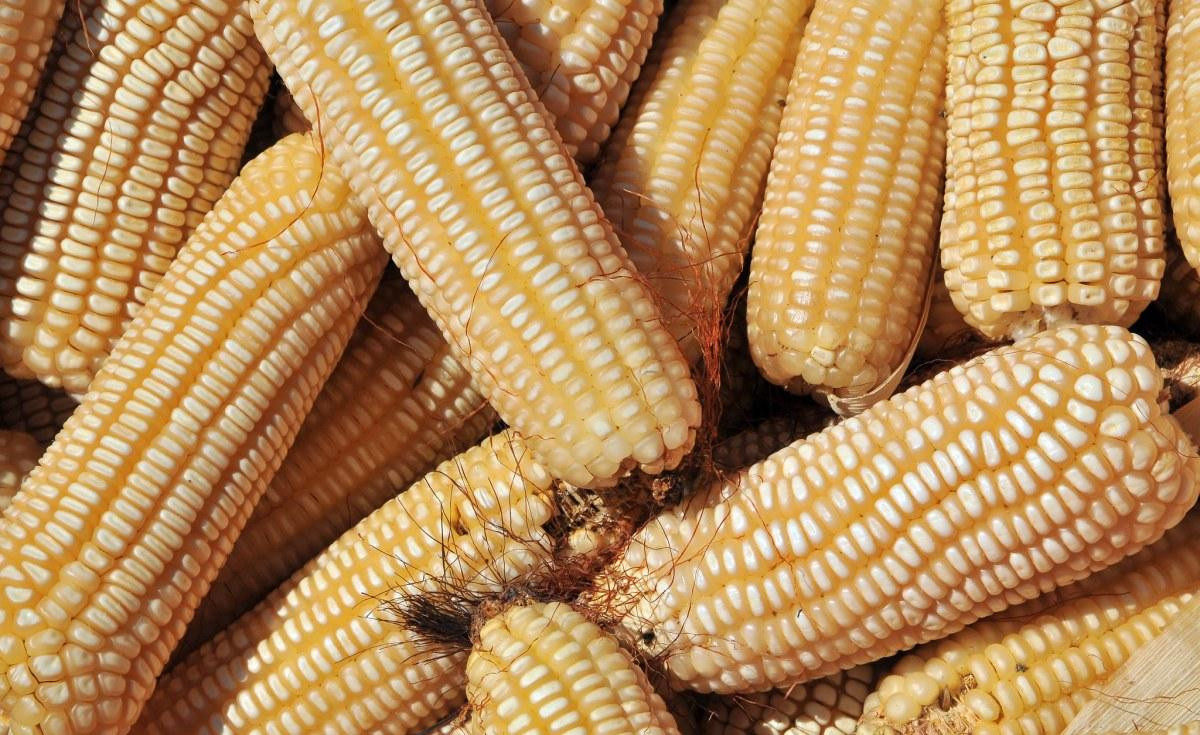Kenyan President William Ruto declared a ban on the issuance of permits to millers for importing wheat and maize into the country. This move is aimed at safeguarding the interests of local farmers and ensuring the stability of the agricultural sector. President Ruto emphasized that the government would only consider deviations from this directive in cases of insufficient local produce. The decision to restrict imports has far-reaching implications, not only for Kenya’s food security but also for its neighbors, including Uganda, which is a significant maize exporter to Kenya.
Key Points:
- Protecting Local Farmers: The Kenyan government’s decision to ban wheat and maize imports is primarily motivated by the desire to protect the livelihoods of local farmers. By reducing competition from imported grains, the government hopes to ensure that Kenyan farmers receive fair prices for their produce.
- Stabilizing Prices: President Ruto stressed that the ban on imports is intended to stabilize prices in the domestic market. By limiting the availability of cheaper imported grains, the government aims to prevent fluctuations in prices that can negatively impact both farmers and consumers.
- Financial Support for Farmers: The government has allocated Ksh 4 billion to purchase maize directly from Kenyan farmers. This financial support is expected to provide a safety net for farmers and incentivize them to continue production.
- Drying Facilities for Maize: To reduce post-harvest losses due to high moisture content, President Ruto announced the use of National Cereals and Produce Board (NCPB) driers. These drying facilities will be available to farmers at a minimal fee of Ksh 50 per bag, significantly lower than the previous rate of nearly Sh400 per bag.
Impact on Uganda: Kenya has traditionally been one of the major importers of maize from neighboring Uganda. The ban on maize imports will likely affect Ugandan maize exporters, who will face reduced access to the Kenyan market. This could lead to a surplus of maize in Uganda and potentially lower prices for Ugandan farmers.
Regional Trade Implications: The decision to limit maize imports may strain trade relations between Kenya and its neighbors, including Uganda. It highlights the complex dynamics of regional trade in East Africa and the need for effective communication and cooperation among countries in the region.





















